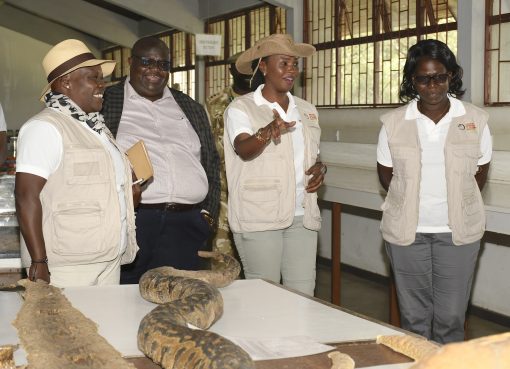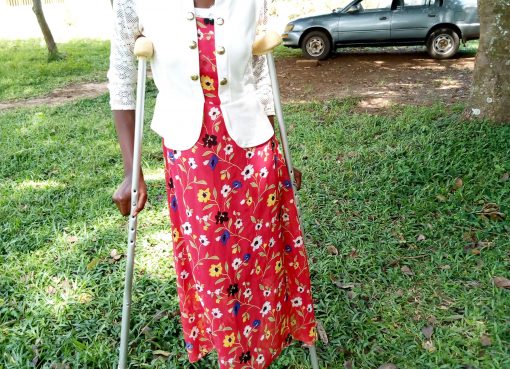The Centre for Mathematics, Science and Technology Education in Africa (CEMASTEA) has organized a symposium for science and mathematics teachers in Junior Secondary Schools (JSS) and Secondary Schools from four counties to share best classroom practices and improve the quality of education.
The symposium, held at CEMASTEA’s centre in Karen provided a platform for close to 32 teachers drawn from Machakos, Kajiado, Kiambu and Nairobi counties to share ideas and collaborate on learner centred strategies to promote Science, Technology, Engineering and Mathematics (STEM) education as the country transitions to the Competency Based Curriculum (CBC).
Under CBC, 60 percent of learners will pursue the STEM pathway in Senior School.
CEMASTEA Chief Executive Officer (CEO) Jacinta Akatsa said the symposium will empower the teachers to come up with innovative ways to simplify concepts that may seem abstract in STEM subjects.
“With technology teachers can be empowered to help their students to visualise abstract concepts and make the lessons interesting so that the learners do not lose interest in STEM subjects,” said Akatsa.
Speaking when she opened the symposium, the CEO noted that innovative teaching methods can spark and sustain the interest of students in STEM and reiterated CEMASTEA’s commitment in capacity building teachers to enhance best classroom practices.
“The symposium will give teachers an opportunity to document their lessons, critic each other and identify the gaps and areas that need improvement,” she said.
“The symposium also offers teachers a platform for collaboration and networking where lessons are recorded and put in a repository so that other teachers can get access to the materials and apply the methodologies used in their teaching,” added Akatsa.
Teachers Service Commission (TSC) Director for Quality Assurance and Standards Dr Reuben Nthamburi said CBC requires teachers to adapt learner centred strategies that will make students actively participate hence equipping them with critical skills that are essential in the current dynamic world.
Nthamburi noted that CBC aligns with vision 2030 that aims to make Kenya an industrialised country and improve the social economic welfare of the citizens.
“For Kenya to achieve industrialisation we need a broad based curriculum. We need people who have a background in Science and Mathematics. Under CBC 60 percent of the learners will choose the STEM pathway,” he said.
The director noted that the symposium will enhance the teachers’ skills and help them come up with innovative pedagogical approaches for STEM subjects under CBC.
“Teacher professional development constitutes an integral part in CBC and this symposium will allow the participants to exchange ideas on the best classroom practices,” added Nthamburi.
He said that the platform will deepen the content knowledge of the participants and improve their delivery skills as teachers and hailed CEMASTEA for organising the symposium.
Nthamburi who represented the commission’s CEO Dr.Nancy Macharia called on the teachers to integrate innovative teaching pedagogies learnt in the symposium and cascade the same to other teachers.
“It is also my hope that CEMASTEA will help address some of the gaps identified,”said the director.
Jemima Wangui, a teacher from Matasia Girls in Kajiado County said the symposium has given her new insights and practical skills on how to adapt learner centred pedagogies and ICT integration.
“This is the first teacher symposium I have attended, one of its kind and an eye opener. I have learnt how to use inquiry based learning that gives more prominence to the learner,” said Wangui.
She added, “I will also come up with innovative ways to teach some of the concepts through use of locally available materials for the learners to understand. I’m grateful for this opportunity and I’m confident that the strategies learnt will lead to better outcomes.”
By Roselyne Kavoo




